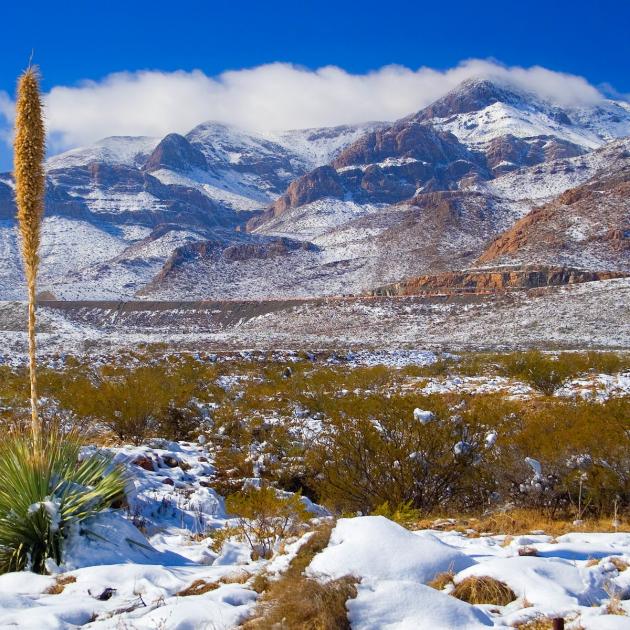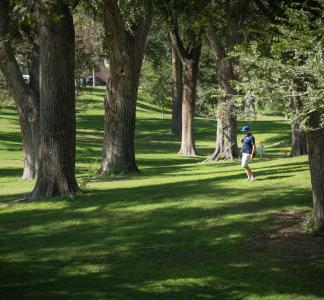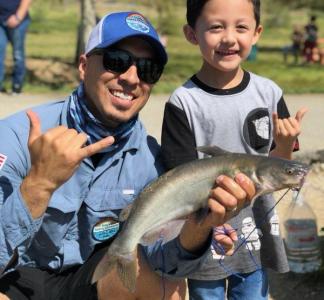4 reasons for President Biden to protect Texas’ Castner Range
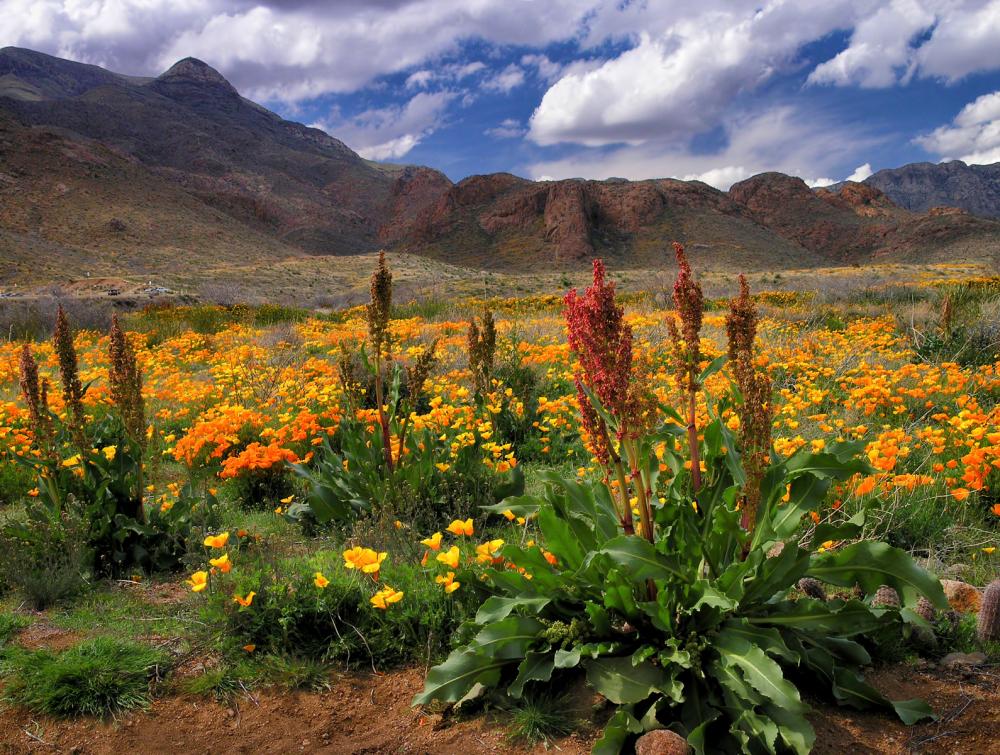
Castner Range, Texas
Mark Clune
Would improve recreation access, Latinx representation
For 40 years, West Texas’ Castner Range was nobody’s idea of a peaceful outdoor refuge. Starting in 1926, the landscape was used by the U.S. Army to test machine guns, rocket launchers, mortars and other weapons. But nowadays, this stretch on the eastern slope of the Franklin Mountains is associated with a very different sort of explosion: the burst of orange and yellow that comes with each spring’s glorious bloom of Mexican poppies.
Since 1971, the nearby community of El Paso has rallied around the cause of permanently protecting the Castner Range not only to preserve that brilliant scenery, but to ensure access to a place where local borderland communities have long enjoyed rest and recreation. And with President Biden in office, they have a great opportunity to finally get that done.
Momentum is building for President Biden to designate the Castner Range as a national monument under the Antiquities Act, following the example of several other military sites and weapons ranges that were similarly protected for public enjoyment. Interior Secretary Deb Haaland visited the Castner Range in March to see the high-desert gem for herself, and we hope the President will take action to protect it later this year.
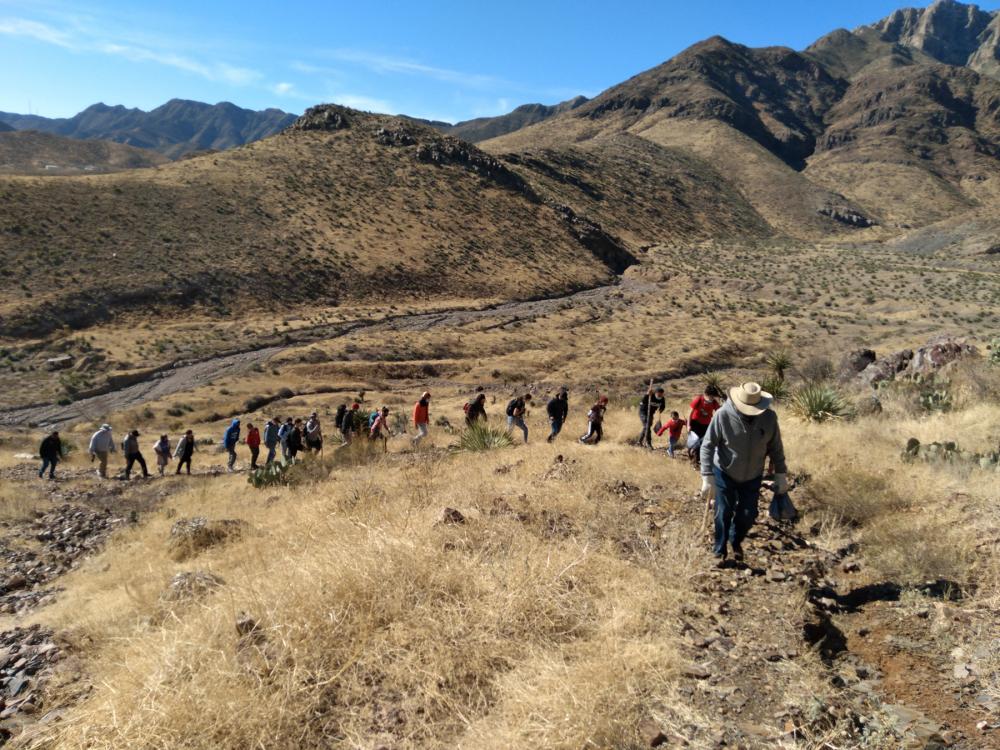
Hike hosted by the Hispanic Access Foundation, Frontera Land Alliance, Castner Forever and local pastors at the Castner Range, Texas
Frontera Land Alliance
Rep. Veronica Escobar, who has previously championed legislation to protect Castner Range, recently pointed out that protecting the area as a national monument will help tackle the three crises the Biden administration has prioritized addressing—climate change, nature loss and inequitable access to the outdoors.
Here are four reasons President Biden should protect the Castner Range forever:
-
Strengthen outdoor recreation access
National monument status would help advance efforts to create more trails and other outdoor recreation opportunities in the area, stimulating a local economy that has suffered in recent years. The mostly Latinx communities near Castner Range have relatively little available green space (according to Rep. Escobar, El Paso residents have less than 1/1000th as much green space per capita as people in Houston).
-
Preserve clean water
Protecting Castner Range would help secure the Hueco Bolson aquifer, which El Paso and small towns across the region rely on for clean drinking water—an especially important consideration as climate change dries out the Southwest.
-
Defend habitat and wild nature
Protecting Castner Range as a monument would help keep migration corridors intact in an important stretch of the Chihuahuan Desert that plays host to mountain lions, kit foxes and more. There are more than 25 endangered, threatened or otherwise at-risk species thought to live in the area.
-
Help make public lands more inclusive
Currently, there are few monuments or other protected public lands catering to predominantly Latinx communities or communities of color. Castner Range has been identified by the Hispanic Access Foundation as one of the sites deserving of such recognition, and other groups including the Frontera Land Alliance, Nuestra Tierra Conservation Project and Vet Voice Foundation have similarly endorsed the idea.
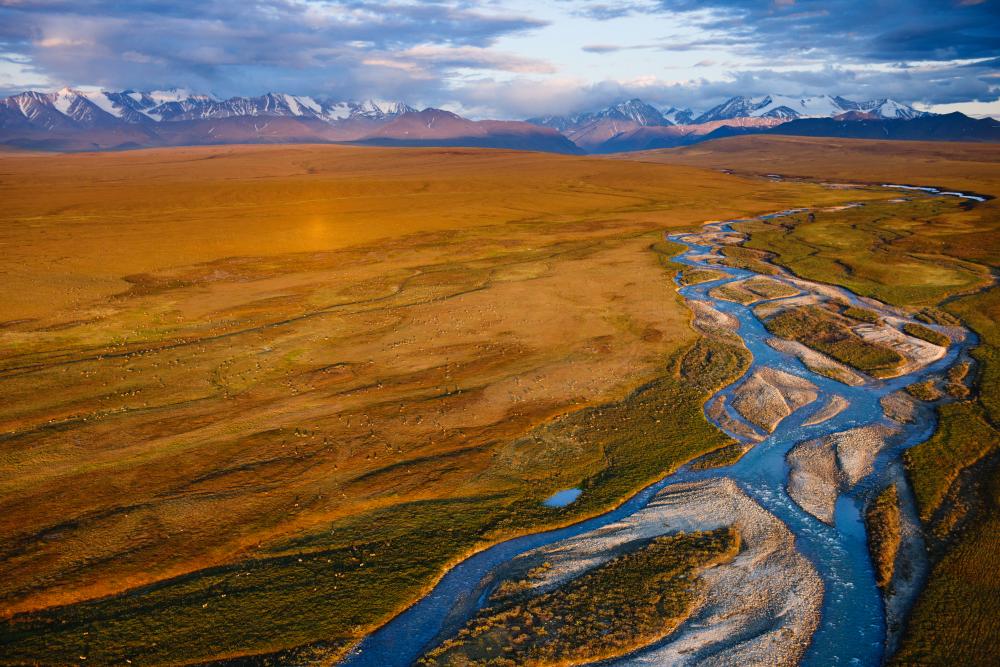
Coastal plain of the Arctic Refuge
Florian Schulz
